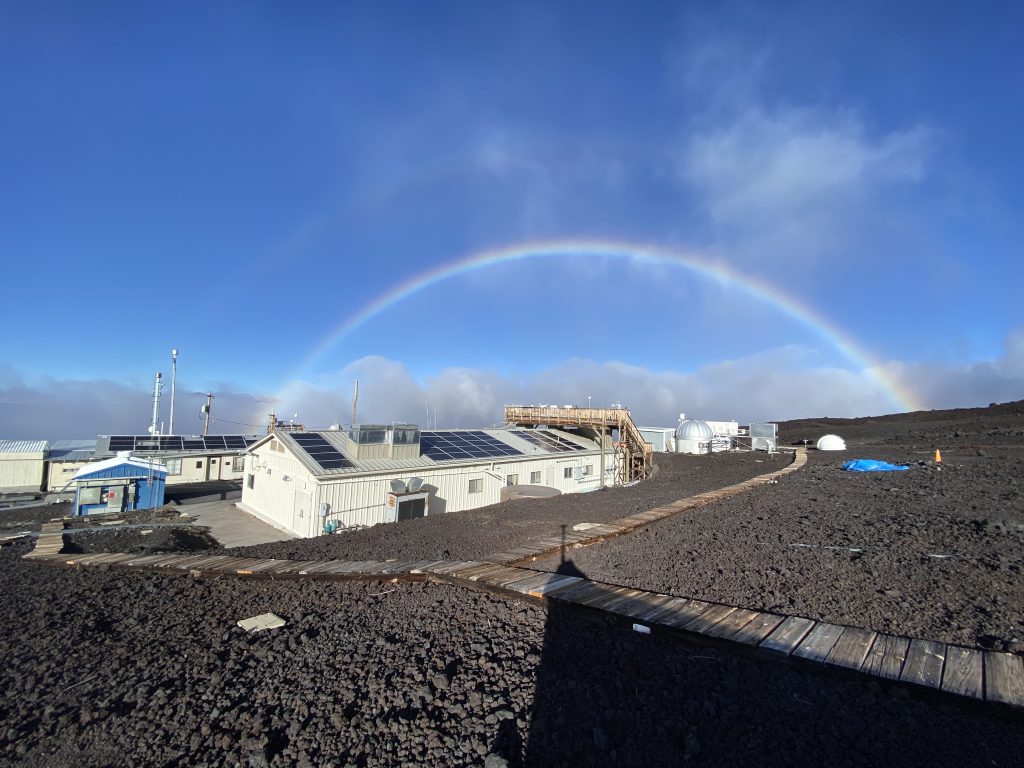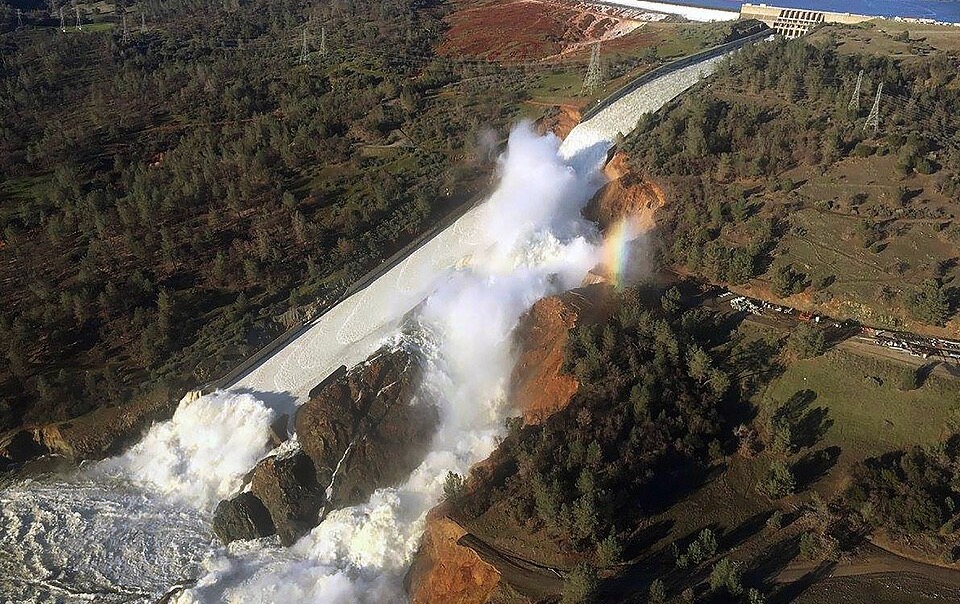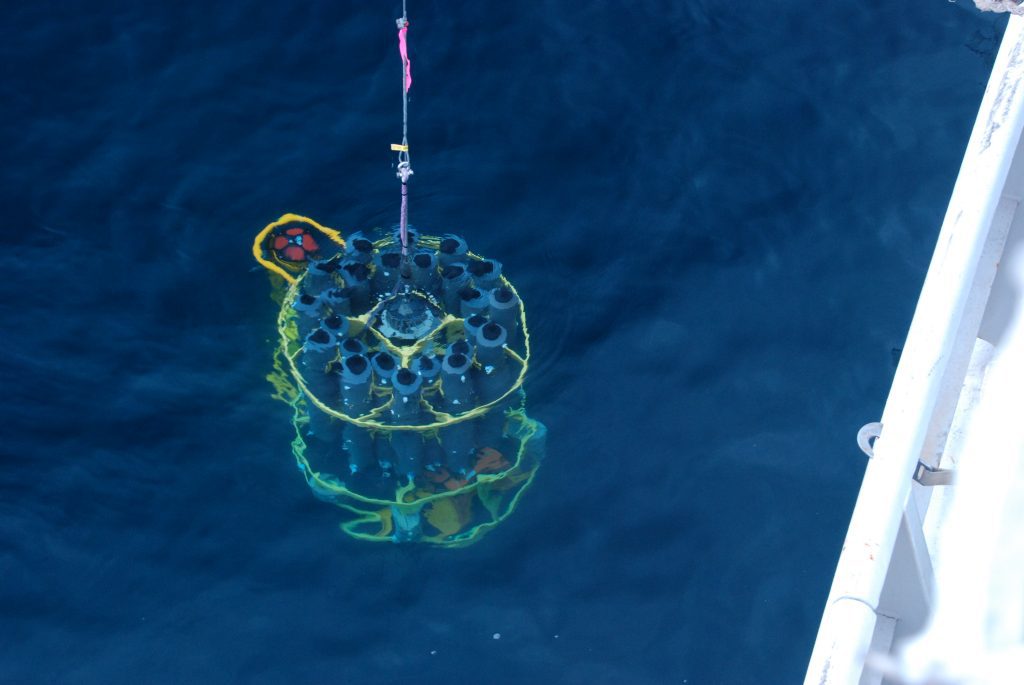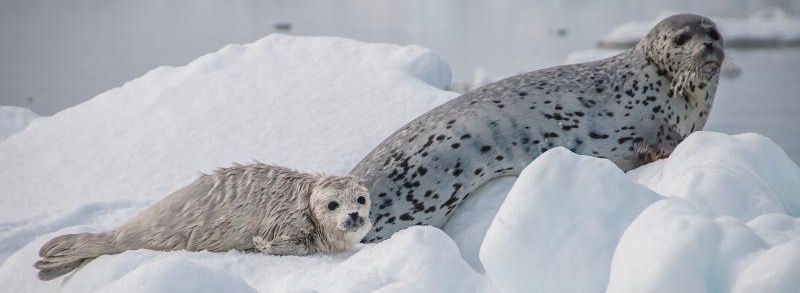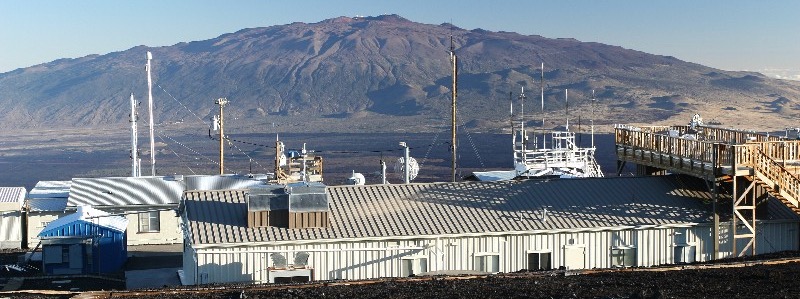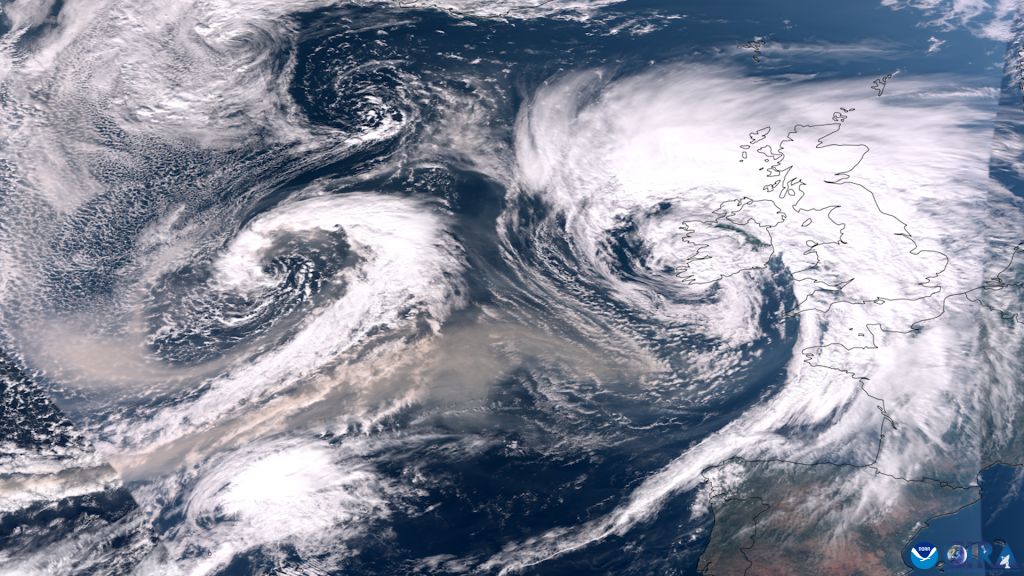Understanding the basics of carbon dioxide
As atmospheric greenhouse gas levels continue to rise, it is important to understand the basics of what these gases are, how NOAA monitors them, and what they mean for our global climate. Continue reading to learn all about carbon dioxide and why it keeps making headlines.
Understanding the basics of carbon dioxide Read More >
